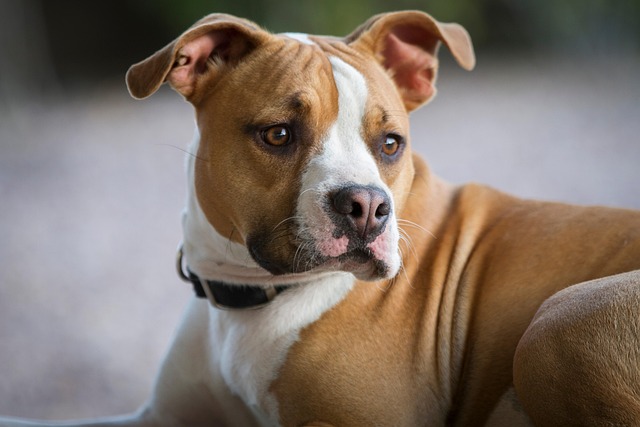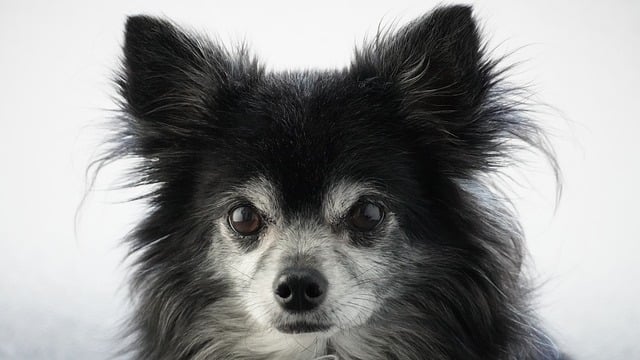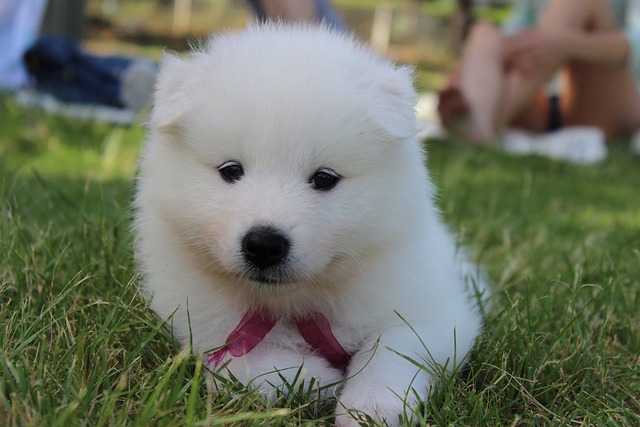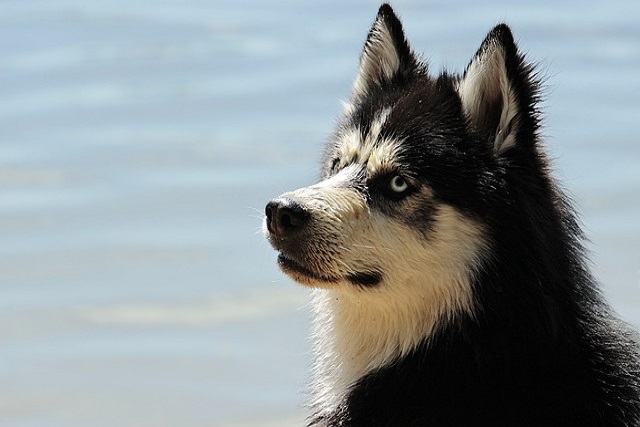That heart-tugging whimper at 2 AM – your new Labrador puppy’s first night in your Brooklyn apartment feels like a hazing ritual. Here’s the biological reality: puppies under 12 weeks physically can’t control their bladders beyond 2-3 hours. Stress hormones surge in unfamiliar environments, and their tiny bodies lack circadian rhythm development. But strategic action prevents lifelong bad habits.
Begin before crate time. Cut off water 90 minutes pre-bed and conduct a final leashed potty break in your designated spot – even if it’s a balcony turf patch in your Chicago high-rise. Use a consistent phrase like "Go busy" while they eliminate. Instantly reward success with high-value treats like freeze-dried liver. Never scold accidents; this violates force-free training ethics and could breach animal cruelty laws in states like Illinois. Punishment teaches puppies to hide elimination, worsening the problem.
Set alarms every 2.5 hours. Carry your pup directly outside (no detours!) wearing slip-on shoes with biodegradable bags clipped to your robe – fines for uncollected waste hit $500 in Boston. Keep trips silent and dim: no talking or eye contact. If no potty within 5 minutes, return to the crate and retry in 15. Successful elimination earns immediate crate return – no playtime reinforces business-only trips.
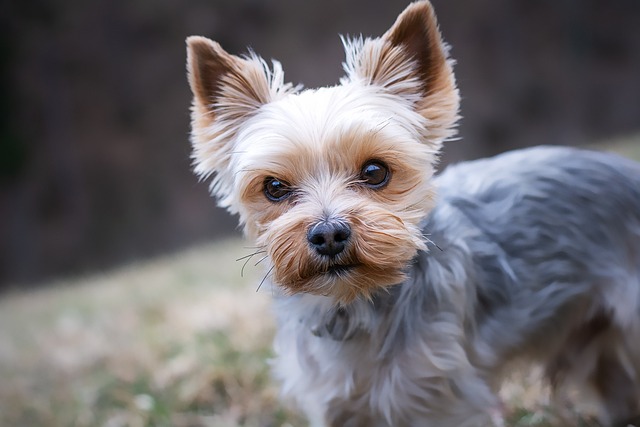
Apartment dwellers need environmental hacks: place the crate beside your bed so soft whines wake you instantly. Drape breathable blankets over three sides to block overstimulating city lights. Layer washable pee pads under a baking cooling rack inside the crate – the elevated grid prevents puppies from lying in puddles.
At dawn, launch your daytime schedule immediately. Consistency accelerates bladder control development. Until vaccinations are complete (legally required by 16 weeks nationwide), avoid public grass where parvo thrives. Use private patches or artificial turf instead.
Accident cleanup demands enzymatic sprays like Nature’s Miracle – standard cleaners leave scent markers inviting repeats. Your patience tonight builds critical foundations: within days, stretches between breaks lengthen while preserving neighbor relations in thin-walled buildings. Remember, those midnight missions teach more than potty habits; they establish trust through gentle guidance when your pup feels most vulnerable.
